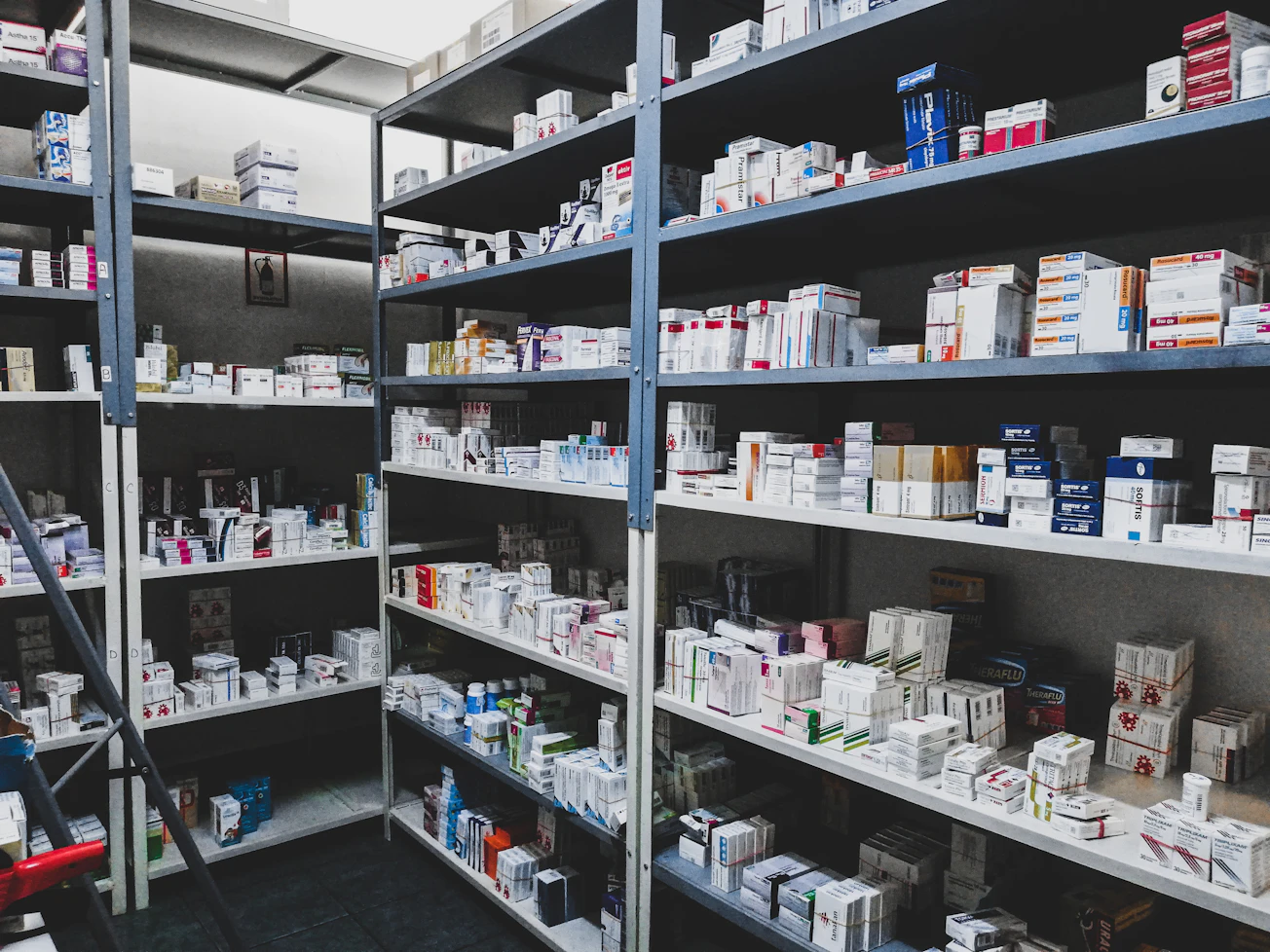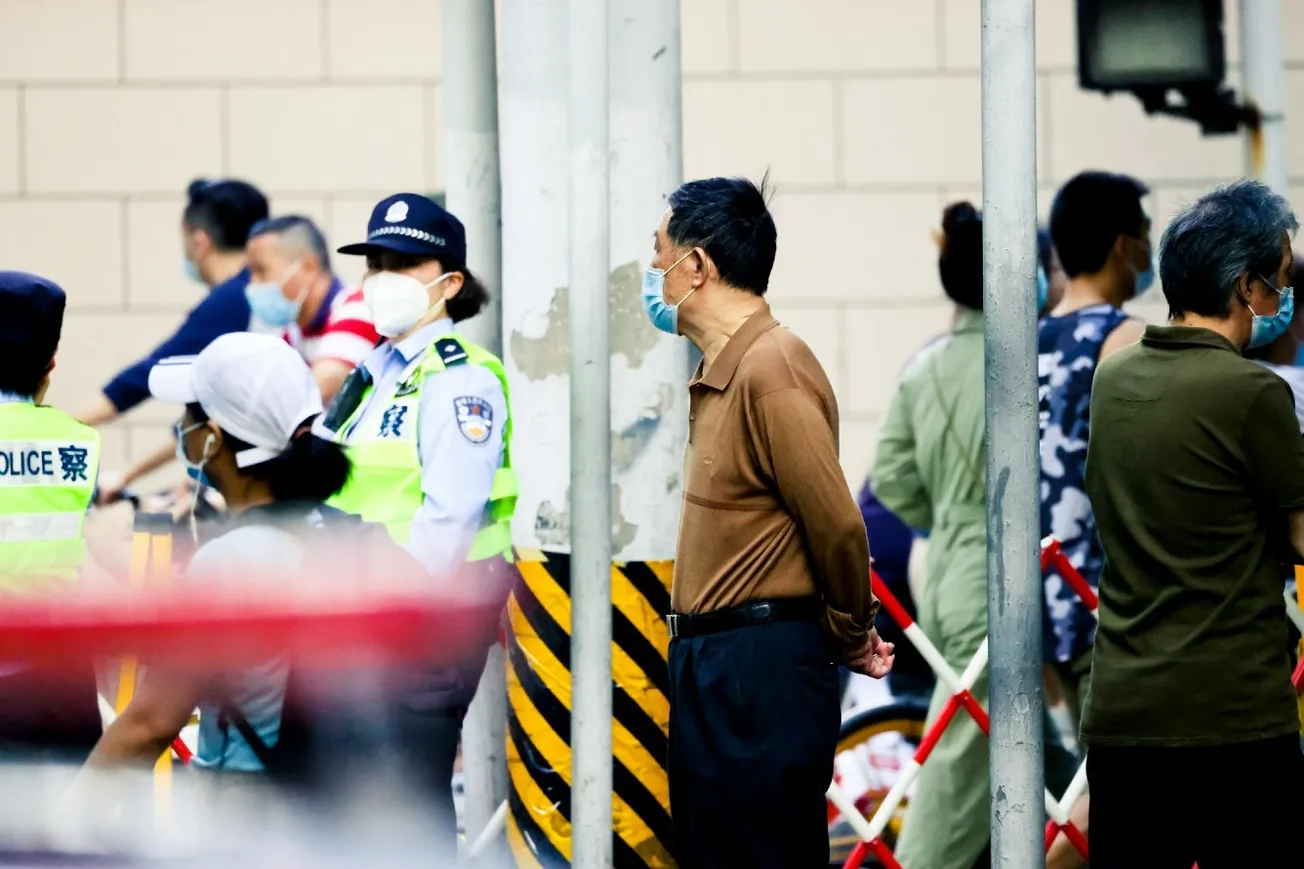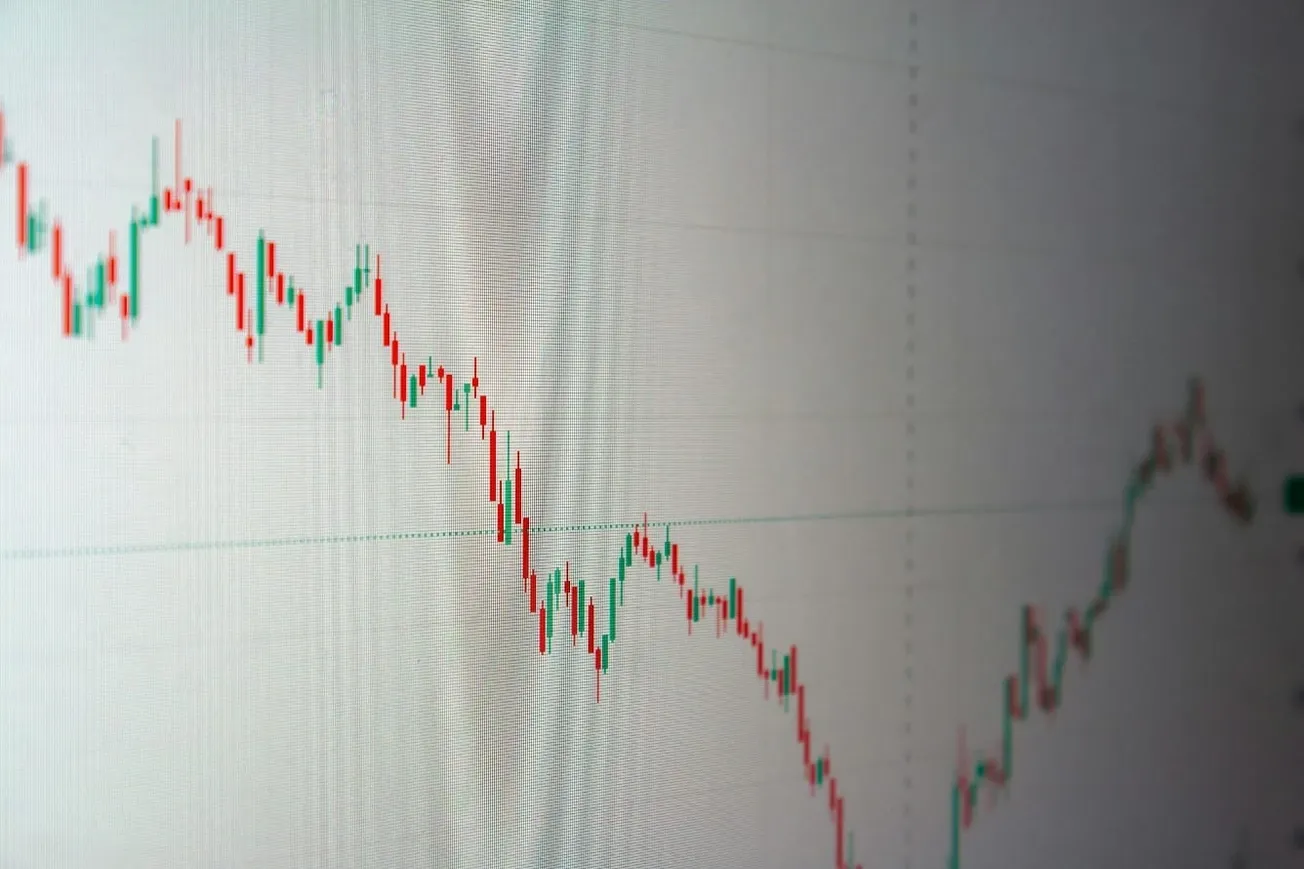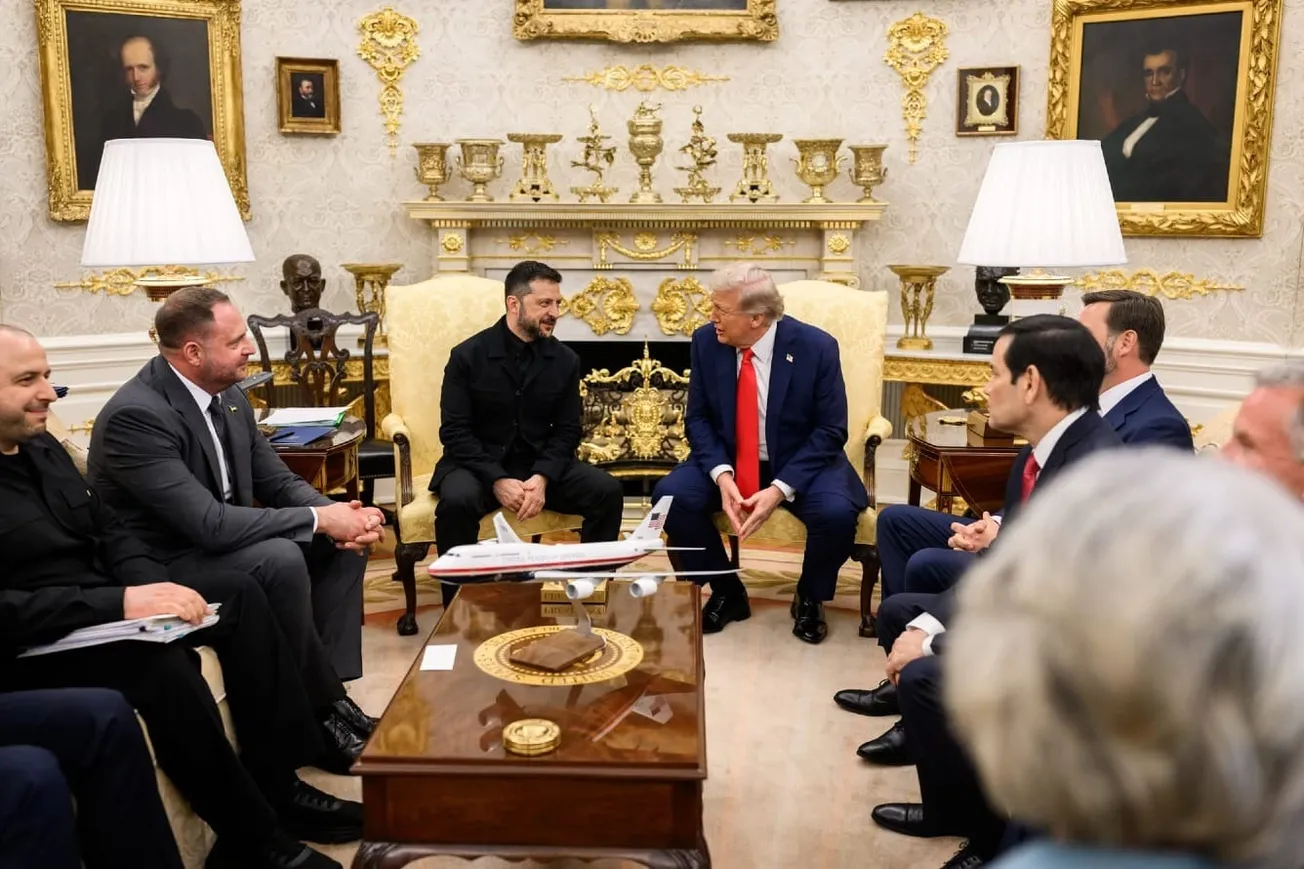By Alexander Gray for the Daily Caller Foundation | May 20, 2023
Last week, the House Energy and Commerce Subcommittee on Oversight & Investigations held a hearing to discuss important issues surrounding America’s pharmaceutical drug supply challenges. Though the subcommittee is right to give this issue the focus it deserves, there is one challenge in this regard that stands far out above the rest: our alarming dependence on Communist China for our supply of pharmaceutical drugs.
The COVID pandemic brought many of these difficulties to fruition as shutdowns in China caused shortages of key medical supplies in the United States. Around 80% “of the basic components used in U.S. drugs” come from China and India. Even many of the drugs that are imported to America from India and Europe are reliant on Chinese supply chains according to a recent report from The White House. Chinese pharmaceutical companies have supplied as much as 90 percent of the antibiotics, vitamin C, ibuprofen and hydrocortisone in the United States. If COVID disruptions could create havoc in the U.S. healthcare system, imagine the catastrophic consequences in an event of a conflict that completely shut down trade with China.
As the principal Trump White House official responsible for the nation’s defense and manufacturing industrial base, I’ve seen firsthand the scope of this challenge. Our pharmaceutical supply chains are not just central to curing and treating terrible diseases, improving public health, and creating good-paying jobs across America. They are also one of the most important battlegrounds in China’s grand strategy to displace the United States as the most powerful nation on earth.
Congressman Morgan Griffith (R-VA) — the Chairman of the Subcommittee — has rightly said that “China poses the most significant foreign challenge to the United States in the 21st century.” He’s right, and our current dependence on Chinese pharmaceutical supply chains is unquestionably one of our nation’s greatest weaknesses in this struggle.
However, as severe as this threat appears now, it’s only continuing to grow worse. In 2015, China announced a 10-year strategic plan to become the global leader in biotech. Recognizing its strategic significance, China continues to invest huge sums into developing this sector and these investments are producing rapid results. Since just 2020, US imports of Chinese pharmaceuticals have grown by 485 percent.
Meanwhile, China continues to brazenly violate the rules of fair competition. According to the head of the U.S.-China Economic and Security Review Commission, China has stolen over $2.4 trillion in U.S. intellectual property (IP), including from American biotech. Just last week, the Biden administration warned that China has been backsliding on its promises to “provide a level playing field for IP protection and enforcement,” urging their Chinese counterparts to uphold agreements implementing IP protection reforms.
Despite all of these challenging headwinds, the United States still retains key advantages, remaining far ahead of China on medical innovation. The United States accounts for more than half of drug patent inventorship.
To win the 21st century, the United States must beat China in innovation while shoring up our pharmaceutical supply chains to protect from threats. That will require strengthening intellectual property protections to encourage innovation, holding China accountable for their continued intellectual property theft, and investing in manufacturing to end our dependence on China.
Speaker McCarthy and Representative Mike Gallagher recently wrote in a joint op-ed, “to win the new Cold War … the first step is to restore our supply chains and end critical economic dependencies on China.” We urge Congress to keep these urgent goals front and center in approaching America’s pharmaceutical supply chain challenges.
Alexander Gray recently served as Deputy Assistant to the President and Chief of Staff of the National Security Council (NSC) at the White House, as well as Special Assistant to the President for the Defense Industrial Base at the White House National Economic Council (NEC).
Original article link









